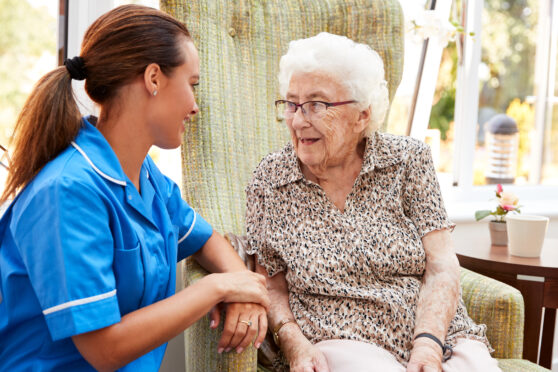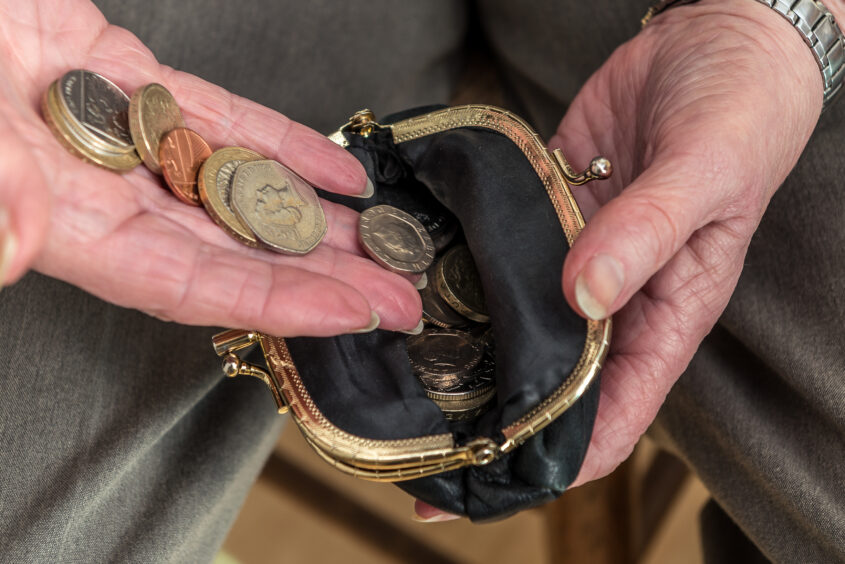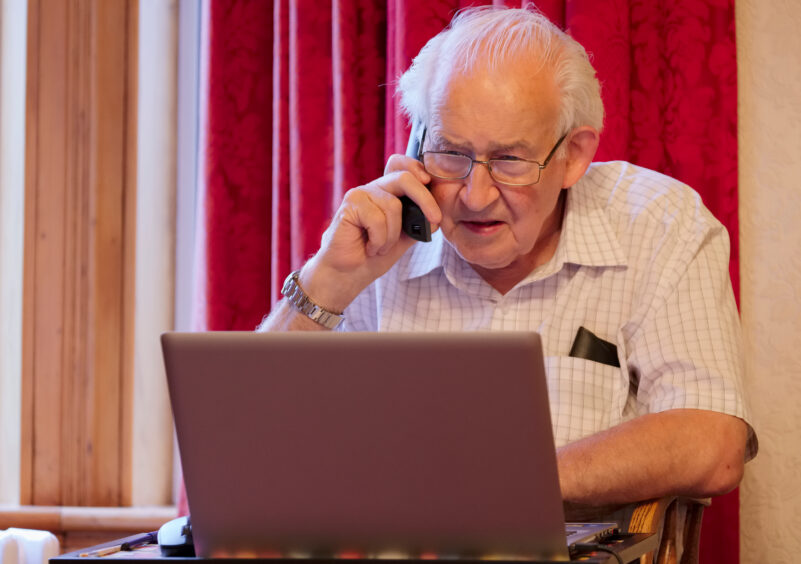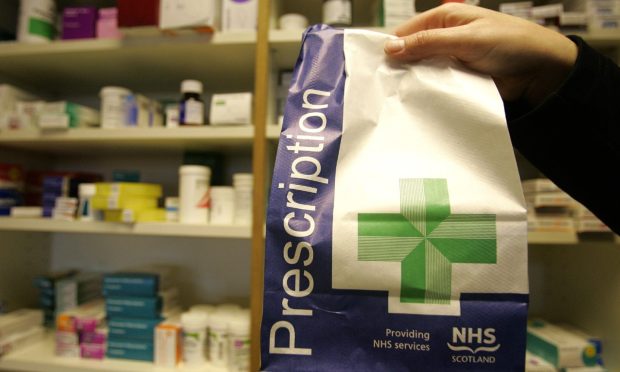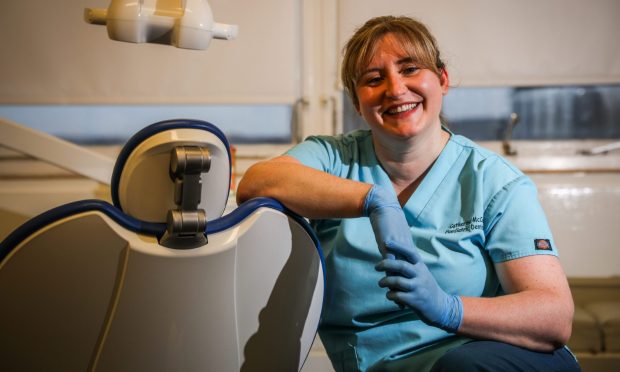Scotland’s one million carers are invaluable, assisting our most vulnerable to stay safe. However, when it comes to identifying and reporting harm, we ALL have a responsibility.
-
Some Courier online content is funded by outside parties. The revenue from this helps to sustain our independent news gathering. You will always know if you are reading paid-for material as it will be clearly labelled as “Partnership” on the site and on social media channels,
This can take two different forms.
“Presented by”
This means the content has been paid for and produced by the named advertiser.
“In partnership with”
This means the content has been paid for and approved by the named advertiser but written and edited by our own commercial content team.
This is something that Fife Council wants to promote by raising awareness of reporting harm amongst carers and members of the public. Think you or someone you know is at risk of harm? Call the Adult Support and Protection line on 01383 60 22 00.
Fife Council’s campaign, which aims to help adults and older people, is being backed by its Adult Support and Protection Committee. It is there to give guidance to professionals and the people of Fife. This includes carers and the vulnerable people they look after. The committee wants carers to feel confident about coming forward to report any issues or if they think someone is at risk.
An adult support and protection coordinator at Fife Council explained: “It can be extremely difficult for carers to report harm. They feel it may impact on their relationship with the potential at-risk person.
“We want to make sure that people have the correct information so that people can be kept as safe as possible. We also want to highlight the incredibly difficult work that our carers do.”
What is ‘harm’?
Harm is complex as there are various types, some are more obvious than others while others can be difficult to identify. Fife Council’s Adult Support and Protection Committee defines harm as “when another person’s conduct is causing (or is likely to cause) the adult to be harmed; or the adult is engaging (or is likely to engage) in conduct which causes (or is likely to cause) self-harm”. Harm can be deliberate or unintentional.
What does harm look like?
Neglect and acts of omission
Often easy to miss, adults who suffer neglect may not wash, dress or eat properly, which can worsen social isolation. Their home and surroundings may show signs related to neglect and their inability to look after themselves or their property.
Financial or material
If an elderly person is unsure of where their money goes, or gives money to people that concern you, it is a sign. They may be being taken advantage of financially. It can be as violent as being forced to withdraw money from a cash machine. Be sure to look for signs of manipulation, especially in those who are stressed with money or debts.
Psychological or emotional
You can usually spot this in someone who is being verbally bullied or who is involved with people who act antagonistically to them. This can also be applied to someone who is involved with people or groups who perpetrate illegal acts, especially if that person is hesitant to act or speak around them.
Physical
If someone has unexplained bruises or injuries that they won’t talk about or can’t explain, this is potentially a sign of physical abuse. Elderly adults can especially be at risk and so it is pertinent that all steps be taken to address any signs of injury.
Sexual
An adult suffering sexual harm in a relationship can find it difficult to talk about. If they are unwilling or upset to talk about their relationship this can be a sign of exploitation. Avoiding people or being intimidated around their partners or others can be a sign.
How else can I give an adult support and protection?
Below is a list of different types of harmful conduct:
- conduct which causes physical harm
- conduct which causes psychological harm, for example, causing fear, alarm or distress
- unlawful conduct which appropriates or adversely affects property, rights or interests
- financial harm, for example, theft, fraud, embezzlement or extortion
- conduct which causes self-harm.
Why do we need to report harm?
In Scotland more than one million people play a valuable role in keeping vulnerable people safe as carers. Whether paid or unpaid, young or old, carers take on huge responsibilities for loved ones. Caring roles can sometimes be short-term or for a lifetime, depending on individual circumstances. It can be a very demanding role, but one that is also rewarding.
Fife Council’s adult support and protection coordinator is responsible for writing and reviewing adult support and protection guidance at Fife Council. He knows all about the positive impact Fife’s carers is having on the community. And, he says that everyone can have an impact, particularly when it comes to reporting harm.
He said: “Carers are in prime positions to spot abuse or harm. Fife Council wants to work in partnership with carers and other agencies to raise awareness of adult protection.
“We want to minimise harm in the community and help carers who suspect harm seek help and support, and become more confident about how they can report it.
“However, ultimately it is everyone’s business as we all have a responsibility to vulnerable members of society to report anything untoward.”
If you think you or someone you know in Fife is at risk of harm, call the adult support and protection line on 01383 60 22 00. In an emergency call 999. You can report incidents anonymously, if preferred. Find out more about how you can protect adults in Fife.
